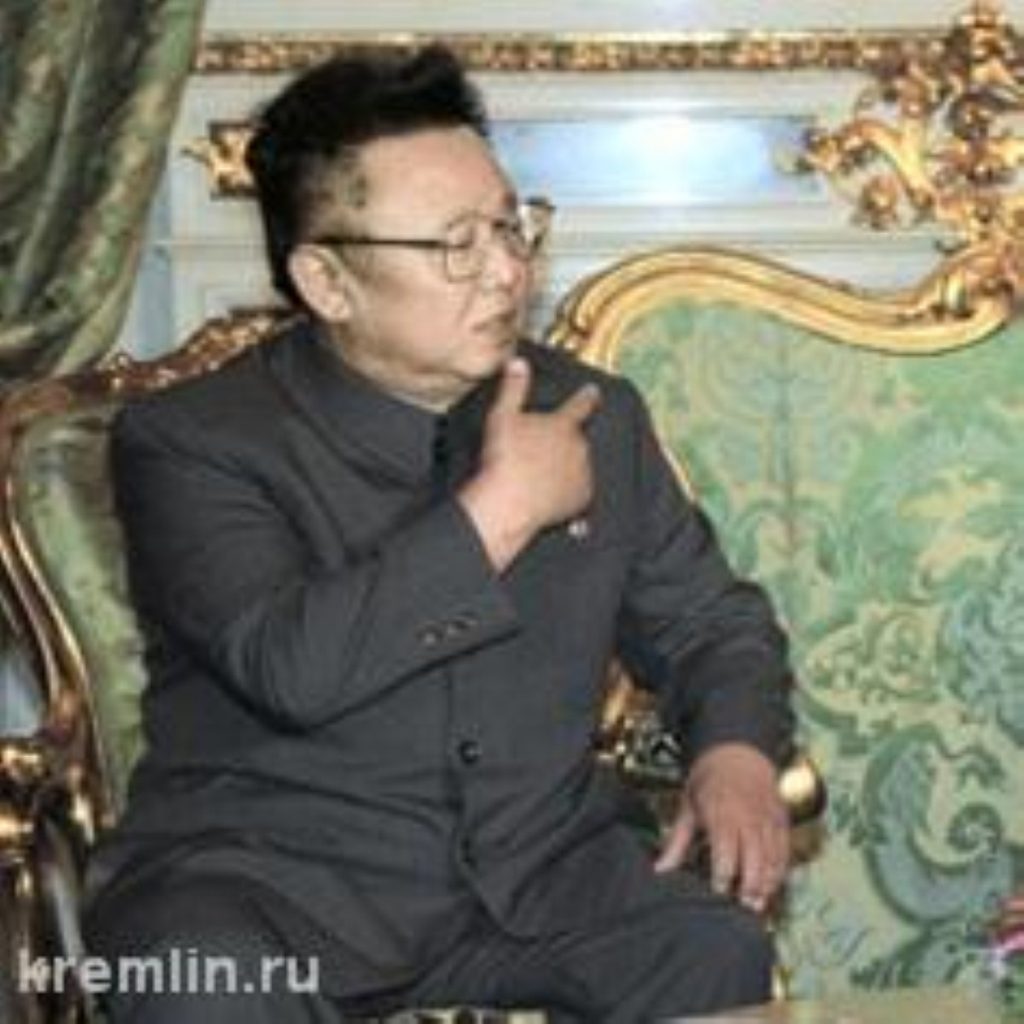UK aims for North Korea ‘turning point’ after Kim Jong-il’s death
By Alex Stevenson Follow @alex__stevenson
Britain has joined other western countries in calling for stability in North Korea after the death of the country's 'Dear Leader', Kim Jong-il.
The 69-year-old's death from heart failure is not thought to prompt instability in the short-term because the succession of Kim's son, Kim Jong-un, is undisputed.
But its pursuit of nuclear weapons, including missile tests over Japan, have made the reclusive state a regional security headache for decades and analysts fear the death could further strain relationships with its neighbours.


Foreign secretary William Hague said he understood this was a "difficult time" for the people of North Korea but added he hoped Mr Kim's death could be a "turning point" for the country.
"We hope that their new leadership will recognise that engagement with the international community offers the best prospect of improving the lives of ordinary North Korean people," the foreign secretary said.
"We encourage North Korea to work for peace and security in the region and take the steps necessary to allow the resumption of the six-party talks on denuclearisation of the Korean Peninsula."
South Korea's military was placed in a state of high alert after the news was announced by Pyongyang earlier. The US, which has nearly 30,000 troops stationed in South Korea, said it remained committed to "stability" in the peninsula and to the "freedom and security of our allies".
Barack Obama's administration is now expected to delay its decision on whether to press ahead with fresh negotiations until next week.
Kim Jong-un, who is thought to be in his late 20s, is Kim Jong-il's third son. He was only nominated by his father to be North Korea's next leader one year ago, after the eldest son, Kim Jung-nam, flew to Tokyo Disneyland on a fake passport.
Han Park of the University of Georgia told CNN: "Kim Jong-un is not going to expected, nor is he qualified, to make tough decisions.
"But the party system is there, and the decision-making mechanism that has been established by Kim Jong-il will continue."
North Korea is entering a period of mourning, but diplomatic activity is already intense as the significance of Mr Kim's demise is assessed.
China said it would seek to consolidate the "traditional friendship between our two parties", the Xinhua state news agency quoted foreign ministry spokesman Ma Zhaouxu as saying.
The Reuters news agency reported that the issue of North Korean missile tests had been discussed at a security meeting in Tokyo but did not put its military on a higher alert status.
"Prime minister Yoshihiko Noda instructed ministers at the security meeting to prepare for the unexpected," a spokesperson was quoted as saying.









